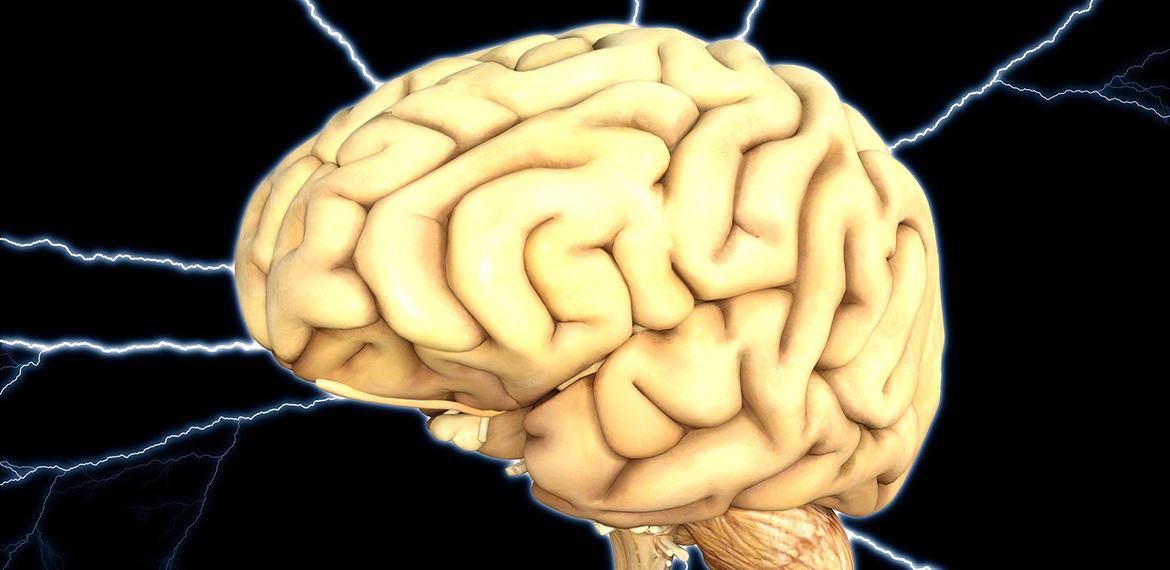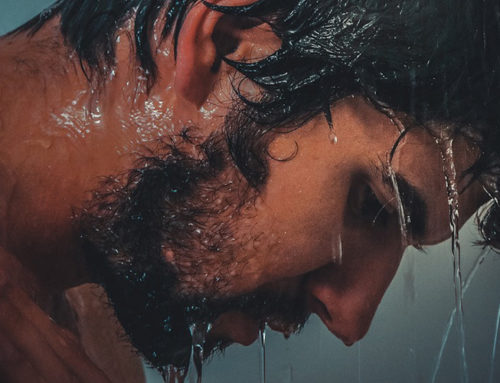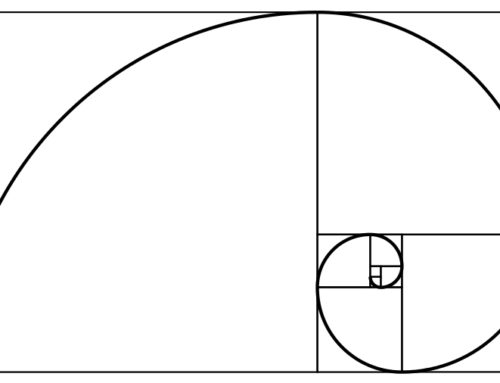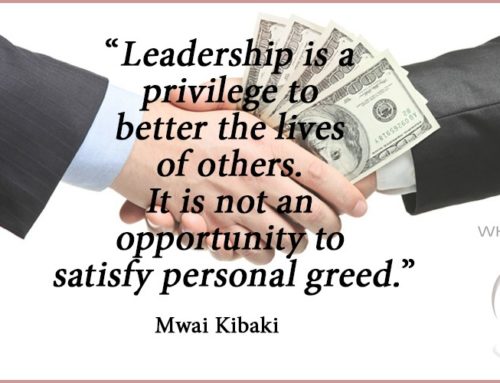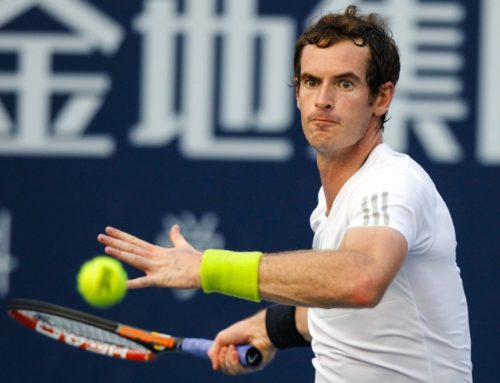When I moved to the UK some 25 years ago, the Premier League of Football was just getting started. I remember laughing at the physios running onto the pitch and applying, what the television commentators jokingly called, “a magic sponge.” While physiotherapists and Sports Medicine have made tremendous progress since then, the sponge applied with cold water is still a common treatment method for contusions from head to toes.
Neuroscientists in Heidelberg Germany have been studying sponges, jellyfish and other organisms to understand the most primitive neural pathways. Dr Thomas Holstein says, “a human brain, soft like a jelly or a sponge is a good analogy.” The Doctor keeps a small, well hydrated sponge in a glass on his desk and says, “when the skull stops quickly through collision with any object, the sponge like brain continues to move and bang against the bony skull structure inside the head.” Dr Holstein demonstrates by slapping the glass causing the sponge to squash up against the side of the beaker. He laughs at the English tradition to treat injuries with sponges but says the sad reality is the human brain is not as well equipped to suffer distortion and return to its original shape, as is the ancient sponge organism.
If you are a concerned and involved parent or guardian, you most probably will have had that sinking feeling when your athletic son or daughter was injured, while participating in their favourite sport. We have been blessed with five children, who all have competed in a variety of contests and have suffered the occasional sports injury. During his teenage years, my oldest son was on a first name basis with the A&E Nurses and Doctors, who stitched and mended a variety of bones, tears and cuts. Thankfully, our oldest three have now graduated, to what the North Americans call, “weekend warrior” status and are still able to enjoy an active lifestyle including golf, tennis, yoga and equitation, with fewer trips to the clinic.
Our youngest sons are twins, now 20, and pursuing a university education as well as a professional football career here in England. Like many parents, we have transported, cheered, cajoled and suffered through their wins and losses, meeting many other interested relatives, who sometimes watched through tears, when their young athletes received nasty knocks. Our first realisation about the risk of head injury in football was vividly demonstrated to us on a warm mid October day in 2006. The nine year old twins were already receiving professional academy coaching and we were given tickets to watch Chelsea v Reading. With one son a goalkeeper and the other a midfielder, we naturally concentrated on those positions, including Chelsea’s Petr Cech in goal and Reading’s Stephen Hunt, an energetic midfielder, who was starting for the first time in his Premier League career. A long ball landing in Chelsea’s box was chased down by a sliding Cech as Hunt tried to kick the ball, just at the keeper’s head level. The resulting collision was Hunt’s hard boot against Cech’s soft brain, causing an immediate knockout. Cech received brain surgery and has worn a protective, rugby styled cap ever since, designed by the neurosurgeon’s in consultation with Adidas.. The Chelsea goalkeeper, despite a permanent plate in his head, has performed to the highest level, winning Champions League, EPL titles and various Cups including the FA Cup in 2017 with his latest team, Arsenal. Petr Cech considers himself lucky but is always mindful of his delicate brain which needs additional protection.
Most parents of athletes, and indeed players, in the UK erroneously think that concussion means being knocked out or losing consciousness. This misconception coupled with the players desire, to keep his place on the team and not let his teammates down, means that dangerous minor “dings” are diagnosed and coaches and medical personnel allow the players to return to competition to great risk of repeat injury and possible traumatic brain damage.
The death of a 16 year old Northern Irish Rugby player named Ben Robinson was mentioned in a parliamentary debate last year by Baroness Lady Grey-Thompson. The passion of Ben’s father, Peter Robinson, who says, ”Concussion can be fatal, I have a death certificate to prove it,” has garnered increased coverage including the headline from the Guardian Newspaper, “Concussion, Rugby Union’s dirty secret.”
When Peter Robinson shows his BENAWARE pocket card which states, “When in doubt sit it out” and includes a sideline assessment protocol advisory, it is clear that concussion in sport will be a growing area of concern for all parents, coaches and administrators.
As a concerned parent and a professional in the field of sports consultation, I am often asked by the injured athlete’s loved ones, “what can we do?” The answer is encapsulated in the advice of a neuropsychologist and self confessed neurotic mother, Kim Gorgens, who says in her TED talk, “we can protect the brain against concussion.”
- Study Up
- Speak Up
- Suit Up
Gorgens says awareness of concussion protocol can lessen the risk for any athlete and speaking up to change legislation requiring helmets when riding bicycles and enforcing sideline protocols, to sit out when in doubt, are easy ways to reduce the risk of Traumatic Brain damage called TBE.
We at Whitespace Sports Dynamics are often asked to help professional athletes in their rehabilitation from injury. We have found that one of the biggest problems is the tedious aspect of recovery with time in the gym, pool and exercises which, are repetitive and boring. We deal with the mental and emotional side of recovery which is oftentimes more difficult than the physical. This psychological burden is brilliantly presented in a recent BT Sport TV program called Fabrice Muamba-A Life of Two Halves, which chronicles his recovery from cardiac arrest during an FA Cup game in 2016. This program interviews a variety of players who suffered difficult injuries and vividly demonstrates the problems in coping with rehabilitation.
Muamba says, “regardless if it is a big injury or small injury you have to get up again and get going.” At the time of his injury he said, ‘’I knew I could never play again because I didn’t have the mentality.” Whitespace Sports Dynamics helps the athletes ‘get going.”. Counseling the athletes, teams and relatives to keep the player on purpose, to recover and transition into the new reality within or outside of the sport which is a metamorphosis difficult to accomplish without professional help.
As the new EPL season begins, the pre-season injuries are listed in pre-match press conferences and studied by fans and pundits watching the recovery work of their stars.
Last season’s champions, Chelsea, are still waiting for arguably their best player, Eden Hazard, who while training won’t probably return to competition until late September. Chelsea’s coach, Antonio Conte, said in this weekends press conference, replying to the question of how Hazard’s ankle was progressing, “We must have patience.” Unfortunately most coaches, players and indeed parents have inadequate patience when it involves return to play.
Whitespace Sports Dynamics offers three important considerations with sports injuries
- Prevention
- Rehabilitation
- Transformation/Metamorphosis
Prevention – In the first case using helmets when cycling, skiing or participating in other extreme sports will greatly reduce and prevent many concussive accidents. Sitting out whenever any of the symptoms of concussion is identified is not just protocol but can be life-saving. Prevention of all sports injuries by proper preparation and physical conditioning, combined with avoiding competition, will increase the athletes’ injury prevention.
Rehabilitation must address the mental and emotional damage, along with the physical exercises, to repair the injured tissue. The family support mechanism can be enhanced with the inclusion of emotional counselling, which gives a professional detachment that can go a long way to deal with the frequent depression and isolation of injured athletes.
Transformation, or as Whitespace Sports Dynamics likes to call it, Metamorphosis, helps the athlete return to competition with the reality that they may have to adapt to different muscular and kinetic changes. Metamorphosis may include changing to different positions or leaving the sport completely. These changes require a strong mentality
The smartest athletes are often said to have a brain like a sponge, soaking up all the information, tactics and strategy to make them better competitors. Whitespace would encourage all athletes and their loved ones to realise their brain is soft like a sponge and requires protection. We wish you good health and speedy recovery from all injuries.
A detailed whitepaper on all aspects of concussion, including the latest research, protocols and legislation, is available free of charge and will be sent to your email.
Please request by email to hello@bewhitespace.com or Contact Us


